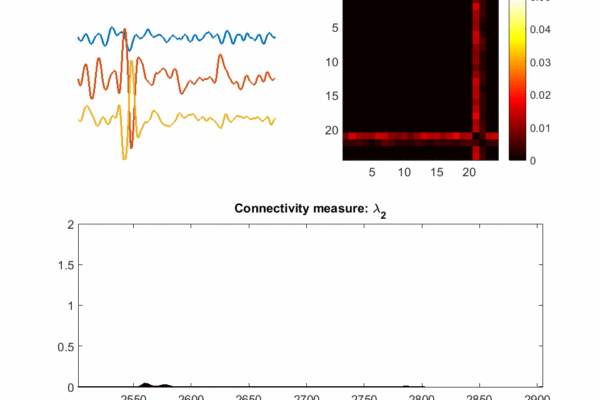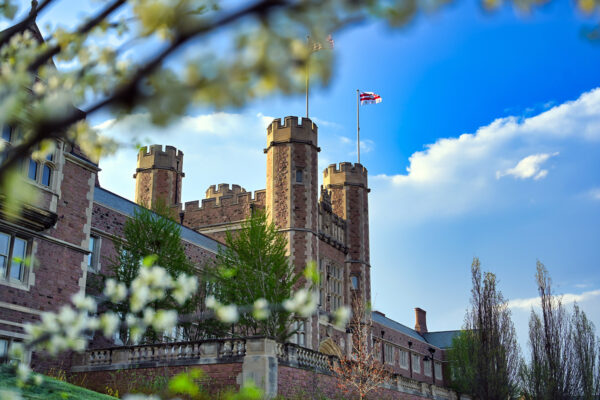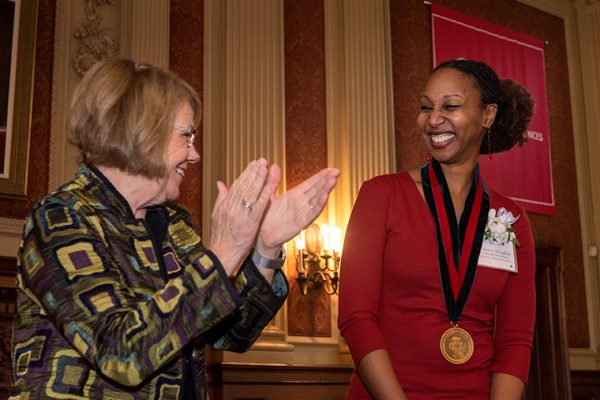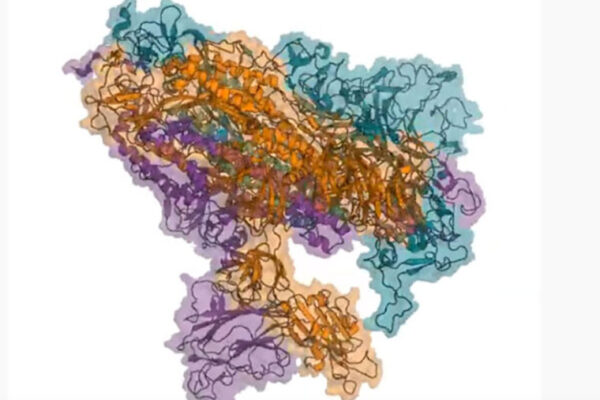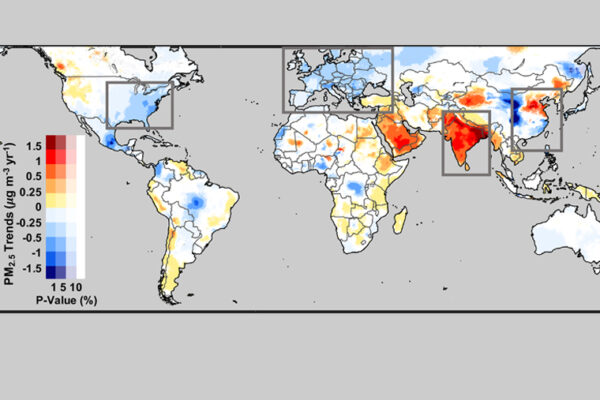Artificial intelligence identifies, locates seizures in real-time
Research from the McKelvey School of Engineering at Washington University in St. Louis has shown that understanding brain activity as a network instead of readings from an EEG allow for more accurate and efficient detection of seizures in real-time.
Congress unlikely to act on police reform
The U.S. House and Senate are at a stalemate over enacting sweeping police reforms in the wake of the death of George Floyd and other Black Americans. The gulf between the Democratic and Republican proposed solutions is wide and neither side seems willing to bend, says an expert on criminal legal reform at Washington University in St. Louis.
Board of Trustees grants faculty appointments, promotions
At the Washington University in St. Louis Board of Trustees meeting May 1, several faculty members were appointed or promoted with tenure, with most taking effect July 1.
Brown promoted to vice chancellor and chief of staff
Rebecca L. Brown has been promoted to vice chancellor and chief of staff for Washington University Chancellor Andrew D. Martin, effective June 1, according to Martin. Brown, who previously served as associate vice chancellor and chief of staff, also will assume the role of secretary to the Board of Trustees.
Wingfield installed as Mary Tileston Hemenway Professor in Arts & Sciences
Adia Harvey Wingfield, a leading sociology expert in gender equity and racial inequality, has been installed as the Mary Tileston Hemenway Professor in Arts & Sciences at Washington University in St. Louis. Wingfield was installed by Barbara Schaal, dean of the faculty of Arts & Sciences.
Folding@home’s fight against COVID-19 enlists big tech, gamers, pro soccer
The crowdsourced supercomputing project Folding@home, based at the School of Medicine, shifted focus months ago to coronavirus research. Now, units at Washington University and elsewhere, individuals and companies have joined the effort.
Mapping pollution across the globe
Using recent satellite observations, ground monitoring and computational modeling, researchers at the McKelvey School of Engineering at Washington University in St. Louis have released a survey of global pollution rates. There are a couple of surprises, for worse, but also, for better.
H-1B visa restrictions unlikely to impact unemployment rates
President Donald Trump issued a presidential proclamation this week that will suspend most new H-1B and other visas through the end of the year — a move the administration said was to protect jobs for unemployed Americans affected by COVID-19. The industries most reliant on visas to fill open positions, however, have relatively low unemployment rates, according to an Olin Business School expert at Washington University in St. Louis.
Washington University statement on presidential proclamation expanding restrictions to work visas
We are disappointed with President Trump’s proclamation expanding restrictions on visas for individuals wishing to enter the United States for work. The proclamation will have a negative impact on international scholars, as well as the colleges and universities where they make important contributions to the research and scholarship enterprise.
Five lessons from HIV to guide COVID-19 approach
Over the years, the global HIV response has provided the modern medical community with valuable experience about responding to outbreaks and preventing the spread of the disease. These lessons should inform our approach to COVID-19 — especially in lower-income and Black communities, according to Shanti Parikh, associate professor of anthropology in Arts & Sciences at Washington University in St. Louis.
View More Stories
